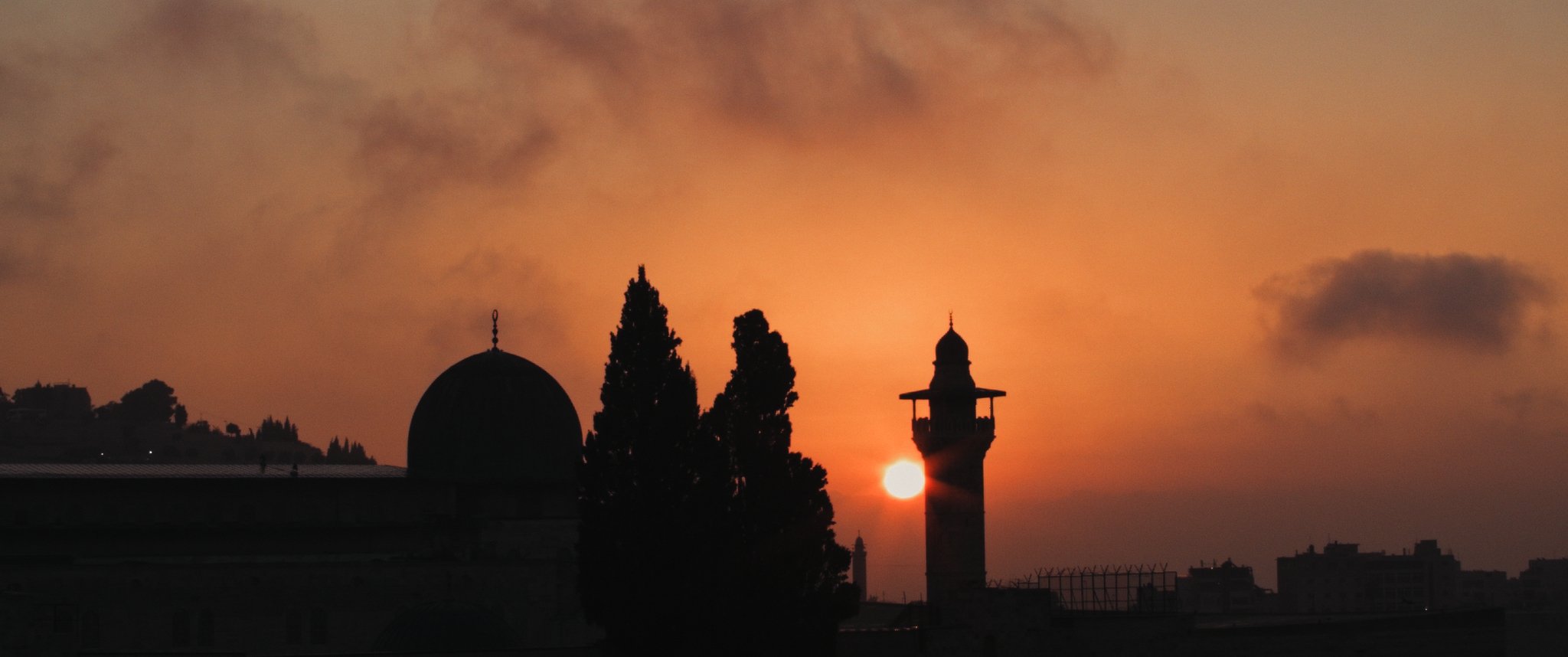The Christian hope is not in this age. While we must seek the good of the cities we're in, we cannot put our hope or trust in finite governments led by fallen men and women. Instead, the great exchange of Calvary transferred our hope to the only King who can be relied upon.[1]
We long to be with Jesus in the place He has secured and prepared for us.[2] We desire the day when He will wipe every tear and heal every pain.[3] But we don't often consider what will take place in order for this new age to commence. A wicked and perverse generation in this present evil age does not suddenly change into a sinless paradise without a confrontation. No, there must be a day of vengeance coming—the Day of the Lord.
The Old Testament prophets spent a lot of time describing the Day of the Lord. Jeremiah, Ezekiel, Isaiah, Daniel, Zechariah and Joel spoke almost continuously about the coming Day of God. Modern attempts at date-setting and sensational scare tactics have frightened many in the Church away from what Paul referred to as our "blessed hope."[4]
The apostle Peter tells us that, “No prophecy was ever produced by the will of man, but men spoke from God….”[5] The overwhelming air time the prophets gave to this subject was not an idea of their own. It was God’s idea to repeatedly point His people to the day when all of Israel’s hopes and His covenantal promises would be realized. If we are to be faithful to God’s word, we must answer the question, “What is the Day of the Lord and why does it matter?
THE DAY OF THE LORD IS THE DAY WHEN JESUS PHYSICALLY RETURNS
TO PERSONALLY RULE AS KING FROM JERUSALEM.
IT IS A VERY GOOD DAY.
Isaiah 61 describes the Messiah proclaiming the year of the Lord’s favor, and we saw Jesus fulfill that prophecy when he read that very passage aloud at the synagogue in Nazareth.[6] But Isaiah also describes the Messiah proclaiming the day of the vengeance of God. That day, Isaiah tells, will result in comfort and gladness for all who mourn.[7] That part of the promise has yet to be fulfilled. We won’t have our tears wiped away and our mourning brought to an end until He returns.[8]
Though the Day of the Lord is a day greatly to be desired, it is elsewhere referred to as the great and terrible day of the Lord.[9] For those who love Him, it’s the day when all wrong will be made right and all unrighteousness and sin will cease forever.[10] But for God’s enemies, it is a terrifying day. When He comes the second time, there are reasons He will be wielding a sword.[11]
How we understand and perceive the day of the Lord informs how we will respond to it. If we see the day as something to fear, it will alter the way we view and obey God. But if we see the day as something to long for and hasten, we will likely alter our lives around the hope of that coming day.[12]
The Christian hope is not in this age; it’s in the return of the King. When the Lord returns in His physical body, on that specific hill in Jerusalem, it will be on a literal day, on the day of His just retribution—on the Day of the Lord. All the magnificent promises of the psalms, prophets, apostles, and poets of Scripture will not see their fruition until He returns, and we'll never purely see, purely worship, or purely abide with Jesus until He comes.
"Maranatha."[13]
Jordan Scott lives in the Muslim world with his wife and children. He is the host of THE WAY podcast and author of A Call to Compel: The Simplicity, Urgency, and Joy of Making Disciples, available now from FAI Publishing. Jordan can be reached by email at jordan@faimission.org.
[1] Isaiah 9:7; Jeremiah 29:7; 1 Corinthians 15:19
[2] John 14:2
[3] Revelation 21:1-4
[4] Titus 2:13
[5] 2 Peter 1:21
[6] Luke 4:16-22
[7] Isaiah 61:2
[8] Revelation 21:1-4
[9] Joel 2:31; Zephaniah 1:14-18
[10] Daniel 9:24
[11] Revelation 19:15
[12] 2 Peter 3:11-13
[13] 1 Corinthians 16:22; Revelation 20:22



